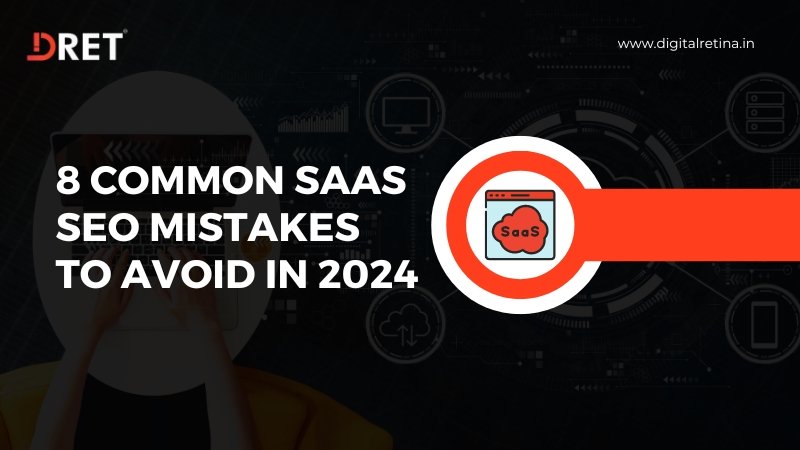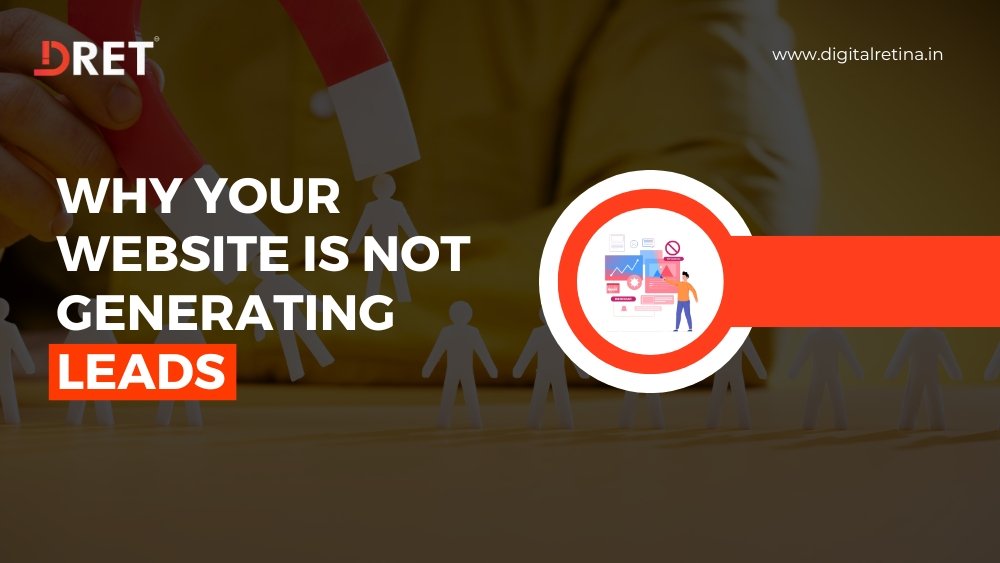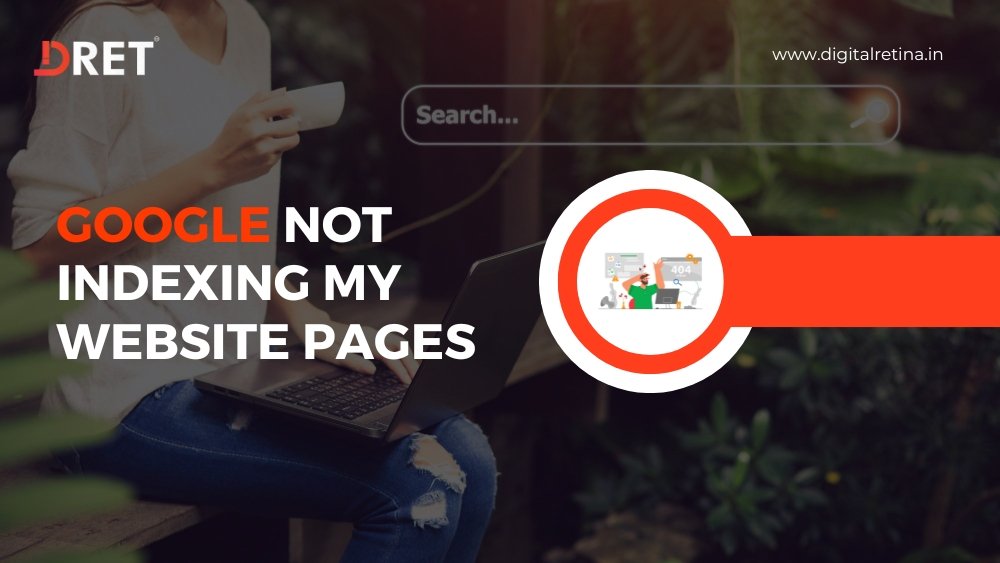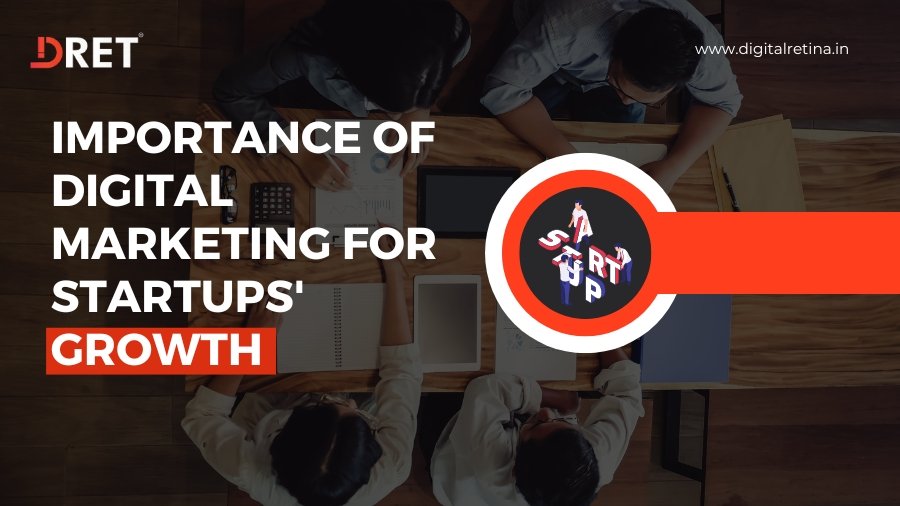
AI in Digital Marketing and the Future of Advertising

Introduction
In the dynamic realm of digital marketing, Artificial Intelligence (AI) is a game-changer, reshaping how brands interact with their audience. AI in Digital Marketing is not just a buzzword but a fundamental shift in creating more personalized, efficient, and impactful marketing strategies. This blog explores how AI is revolutionizing the industry and what the future holds.
The Role of AI in Digital Marketing
The role of AI in digital marketing extends far beyond automation and data analysis. It’s reshaping the very essence of how marketing strategies are developed and executed, making them more effective, personalized, and customer-centric.
Real-time Customer Insights
AI excels in providing real-time insights into customer behavior. For instance, AI algorithms can track user interactions on websites and social media platforms, offering immediate feedback on what content resonates with the audience. This allows marketers to quickly adapt their strategies to align with emerging trends and preferences.
SEO and Content Creation
AI is revolutionizing SEO and content creation. Tools powered by AI can analyze search engine algorithms and optimize website content for better rankings. Additionally, AI-driven content tools can help in creating more engaging and relevant content, tailored to specific audience segments.
Enhanced Ad Targeting
AI’s advanced targeting capabilities allow for more refined and effective ad campaigns. By analyzing user data, AI can identify patterns and preferences, enabling marketers to create highly targeted ads. For example, an e-commerce brand can use AI to show personalized product recommendations to users based on their browsing history.
Social Media Marketing
In social media marketing, AI tools are used for sentiment analysis, understanding public opinion about a brand or product. This helps in crafting strategies that resonate with the audience’s current mood and preferences.
Email Marketing
In email marketing, AI algorithms can determine the best times to send emails, predict which email subjects will be most effective, and segment audiences for more personalized messaging.
Predictive Customer Service
AI-powered chatbots and virtual assistants can predict customer queries and provide proactive solutions, enhancing the overall customer experience. These AI tools learn from past interactions, constantly improving their responses.
By embracing these diverse roles of AI in digital marketing, businesses can create more dynamic, responsive, and effective marketing strategies that resonate with the modern consumer. AI is not just an addition to the digital marketing toolkit; it’s becoming a central component that drives innovation and efficiency in the field.
How to Use AI in Digital Marketing
Integrating AI into digital marketing strategies requires understanding its capabilities and knowing how to apply them effectively. Here are some detailed ways to utilize AI, along with examples:
Data-Driven Insights and Decision Making
AI excels in processing large volumes of data to provide actionable insights. For example, an AI system can analyze customer behavior patterns on your website, such as the most visited pages or products, and use this information to suggest which products to promote more aggressively.
Enhancing SEO with AI Tools
AI tools can significantly improve Local SEO strategies. For instance, AI-powered keyword tools can analyze search trends and suggest long-tail keywords that are less competitive but highly relevant. A blog focused on health and wellness might use AI to find niche topics like “natural remedies for insomnia” that attract a specific audience.
Personalization at Scale
AI enables hyper-personalization in marketing communications. An online retailer, for instance, can use AI to personalize email marketing campaigns. The AI system analyzes past purchases and browsing history to recommend products that individual customers are likely to purchase.
Chatbots for Improved Customer Interaction
AI-powered chatbots can handle customer inquiries in real time, providing a seamless customer service experience. A travel agency might implement a chatbot that helps users find holiday packages or answer FAQs about travel restrictions, enhancing customer engagement and satisfaction.
Predictive Analytics for Targeted Campaigns
Using predictive analytics, marketers can forecast future consumer behaviors and preferences. A Digital Marketing Agency in Noida, for instance, could analyze data from previous campaigns to predict which types of ads will generate the most engagement from a specific demographic.
Social Media Monitoring and Engagement
AI tools can monitor social media for brand mentions, customer feedback, and trending topics. This enables businesses to engage with their audience more effectively and in a timely manner. For example, a beauty brand can use AI to track and respond to customer reviews and questions on social media platforms, building a stronger brand presence.
AI in Content Creation
AI can assist in content creation by suggesting topics, generating content outlines, and even writing initial drafts. A health and fitness blog might use AI to generate articles on trending topics like “Keto diet recipes” or “Home workouts for beginners.”
Sentiment Analysis
AI can analyze customer sentiments across various digital platforms. This helps in understanding the public perception of a brand or product. A company can use sentiment analysis to gauge customer reaction to a new product launch or marketing campaign.
Optimizing Ad Spend with AI
AI algorithms can optimize advertising spend by analyzing which ads are performing best and reallocating budgets accordingly. For example, an e-commerce site can use AI to identify which Facebook ads are yielding the highest ROI and increase spending on those ads while reducing spend on less effective ones.
By leveraging these AI applications, marketers can not only automate mundane tasks but also create more targeted, personalized, and effective digital marketing strategies. AI in digital marketing isn’t just about efficiency; it’s about creating a more dynamic, responsive, and engaging marketing experience that resonates with today’s tech-savvy consumers.
AI in Advertising: The Future Perspective
The future of advertising with AI in Digital Marketing is poised to be revolutionary, reshaping the landscape in ways we are just beginning to understand. As AI technology continues to advance, its integration into advertising strategies will become more sophisticated and impactful.
Interactive and Immersive Experiences
AI is set to drive more interactive and immersive advertising experiences. For instance, AI-driven augmented reality (AR) and virtual reality (VR) experiences could allow consumers to virtually try products before purchasing, enhancing engagement and personalization.
Predictive Behavioral Targeting
Future AI systems will likely be capable of predictive behavioral targeting at an unprecedented level. By analyzing past consumer behavior, AI could predict future needs and preferences, allowing for highly targeted and timely advertising campaigns. An online retailer, for example, could use AI to predict when a customer might need a product replenishment and send targeted ads at the optimal moment.
Enhanced Content Relevance
AI’s ability to analyze and understand content at a granular level will enable advertisers to create highly relevant and contextually appropriate ads. This means ads will be more aligned with user content consumption patterns, ensuring that they appear in the most appropriate context and are more likely to resonate with the audience.
Automation in Ad Creation and Placement
AI will automate more aspects of ad creation and placement, making these processes more efficient and cost-effective. Advertisers could leverage AI to automatically generate ad copy and visuals that are optimized for different platforms and audience segments.
Ethical and Privacy Considerations
As AI continues to evolve, ethical and privacy considerations will become increasingly important. Advertisers will need to balance the power of AI with responsible use, ensuring that consumer data is used ethically and in compliance with evolving regulations.
The Impact on Digital Marketing Agencies
For Digital Marketing Agencies, especially in tech-savvy areas like Noida, AI offers an opportunity to provide more sophisticated, results-driven services. Agencies like Digital Retina can leverage AI for detailed analytics, targeted campaigns, and enhanced customer experiences.
Conclusion:
AI in Digital Marketing is not just a passing trend; it’s the future of advertising. As AI technology continues to evolve, it will offer even more innovative ways to connect with audiences. For businesses and agencies like Digital Retina, staying ahead in this AI-driven landscape is crucial for success in the digital marketing arena. Embracing AI is not just about staying competitive; it’s about setting new standards in customer engagement and campaign effectiveness.






